Distilling 101, Legal
Is Making Moonshine Illegal In Alabama? (Explained!)
Alabama has a rich cultural tradition of moonshining, but is it actually legal?
In this article, we’ll look at the legal requirements to produce moonshine in Alabama.
Table of Contents
What is Moonshine and why is it called Moonshine?
The term “moonshine” comes from bootleggers in the prohibition who made their liquor in homemade stills under the cover of darkness.
They were evading the police.
At the time, stills were heated outdoors on wooden fires that put smoke up into the air. These smoke trails were visible during the day but were much harder to trace at night, which is why most bootleggers did their distillation under the light of the moon – hence, moonshine.
Today, moonshine can refer to any clear grain alcohol made from corn and distilled at a very high proof in small stills.
Is Making Moonshine Illegal in Alabama (and Why)
Under federal law, distilling liquor is illegal.
However, you can make your own moonshine if you have the right permits and licenses.
In Alabama, this can come right down to what county you live in – the state is divided into wet and dry counties, which have different liquor laws.
The laws against private distillation have roots that go back to the prohibition era, and although they might be unfair to modern small-scale distillers, they are still effectively prosecuted.
Federal Laws
If you want to distill spirits at home anywhere in the US, you will need to apply for a federal distilled spirits permit.
This is essentially a deep look into your background and the money, personnel, and facilities that will be involved. It can come down to some very personal questions, and these permits are frequently denied to felons or those with a criminal history.
You’ll need to provide a lot of additional documentation, but it’s easy to apply online through the Alcohol and Tobacco Tax and Trade Bureau website, and your application is free.
State Laws
If your county is a “dry” county, it is illegal to possess a still or manufacture alcohol, even if you have a federal permit.
If you live in a “wet” county, you can own a still for decorative purposes or to distill water or essential oils and you are eligible to apply for an alcohol manufacturer’s license that allows you to produce spirits.
Alcohol Excise Taxes
Normally, alcohol is taxed with excise taxes per unit, like cigarettes.
However, Alabama is an “alcoholic beverage control state” where liquor is only sold through state-approved and operated liquor stores. Since the state makes revenue from liquor sales like this, they do not charge an excise tax.
Liquor sales in Alabama are subject to a 4% Alabama sales tax.
The federal excise tax for liquor is $13.50 per proof gallon (gallon of 50% ABV).
What’s the Penalty for Distilling in Alabama?
According to the Alcohol and Tobacco Tax and Trade Board, privately distilling and selling alcohol is a violation of 26 United States Code (U.S.C.) 5042(a)(2) and 5053(e).
Each offense carries a potential penalty of $10,000, 5 years in prison, or both.
Is it Legal to Own a Still in Alabama?
If you live in a “wet” county it is legal to own a still without a license or permit, as long as you only intend to use it as a decoration or to distill water and essential oils.
If you live in a “dry” county, it is illegal even to own a still.
Is Homebrewing Beer and Wine Illegal in Alabama?
If you live in a “wet” county homebrewing beer and wine is legal, but there are some restrictions.
If you live in a “dry” county homebrewing is illegal.
If you want to make beer or wine for the purpose of selling it commercially, you’ll need to live in a “wet” county and get an additional license.
How To Get a Distilling Permit in Alabama?
You can apply for a federal distilled spirits permit online.
Unfortunately, there is no license for personal alcohol distillation or micro-distilling in Alabama.
If you want to apply for a license to distill moonshine, you can start by finding your local licensing division, and submitting an application for a manufacturer’s license. There is a $500 cost to apply.
Soruces
https://www.ttb.gov/tax-audit/tax-and-fee-rates
https://www.quora.com/What-are-the-moonshine-laws-in-Alabama
https://www.ttb.gov/tax-audit/tax-and-fee-rates
https://www.ttb.gov/distilled-spirits/penalties-for-illegal-distilling
https://freethehops.org/2020/02/23/is-it-time-to-revisit-alabamas-homebrew-law/

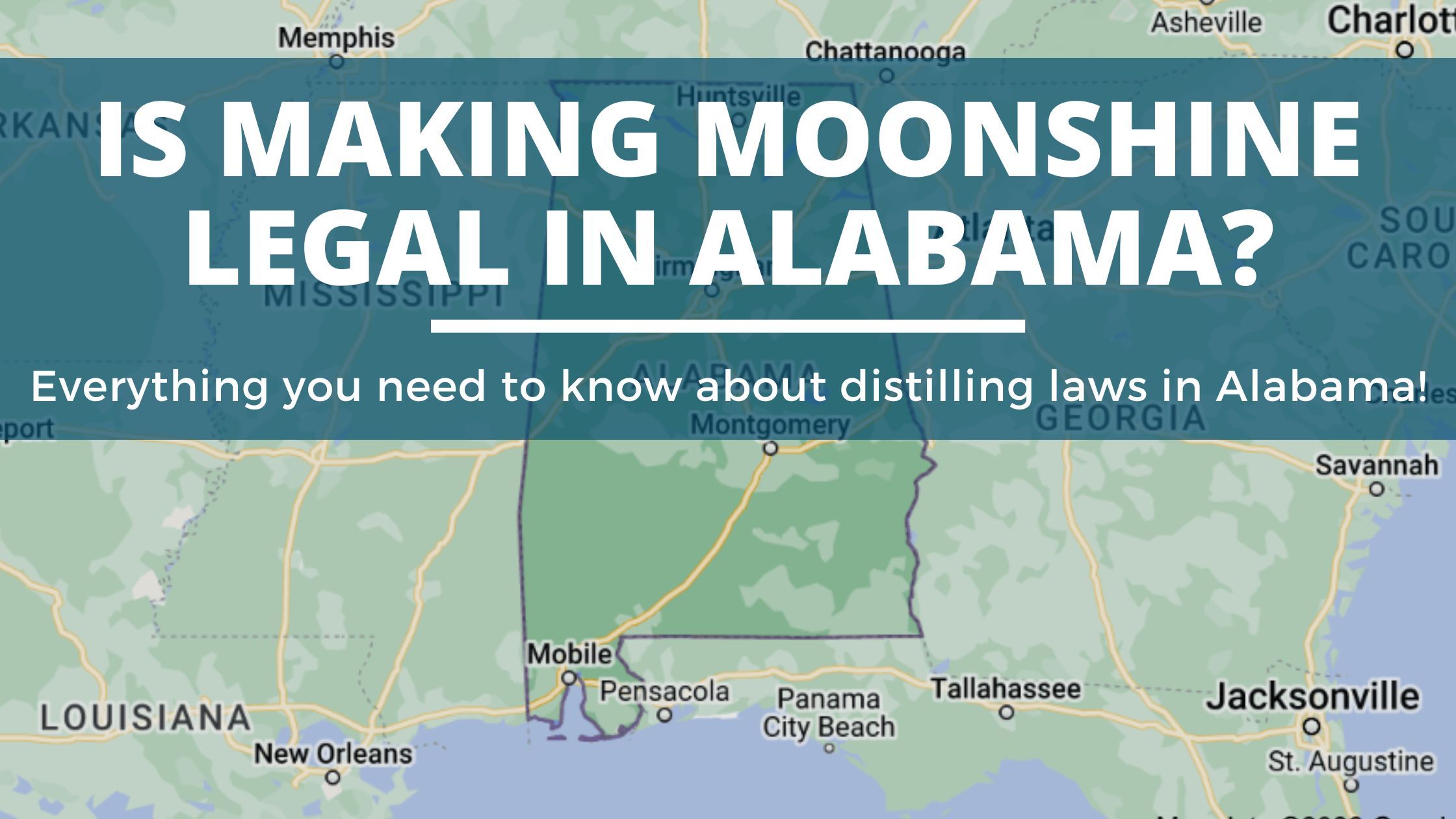
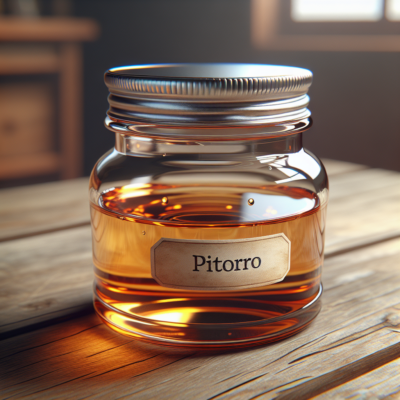


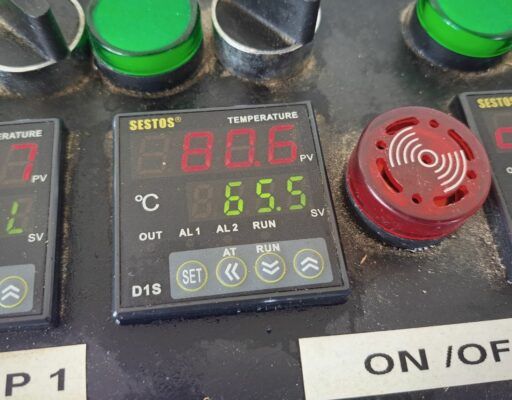
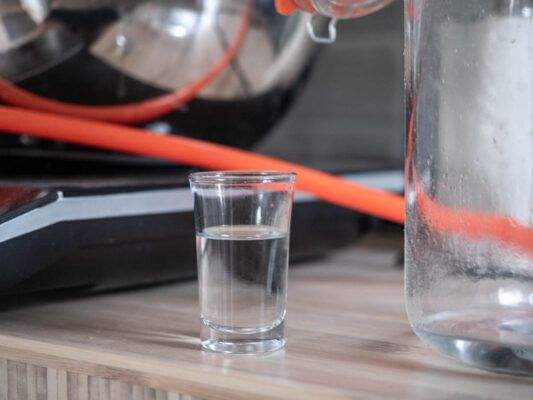
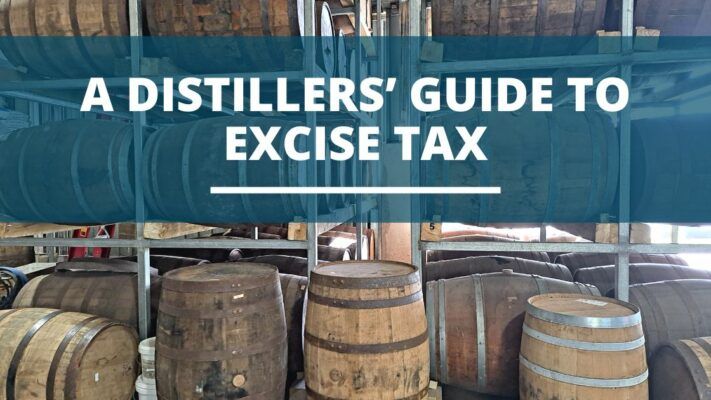
Making moonshine illegal in Louisana